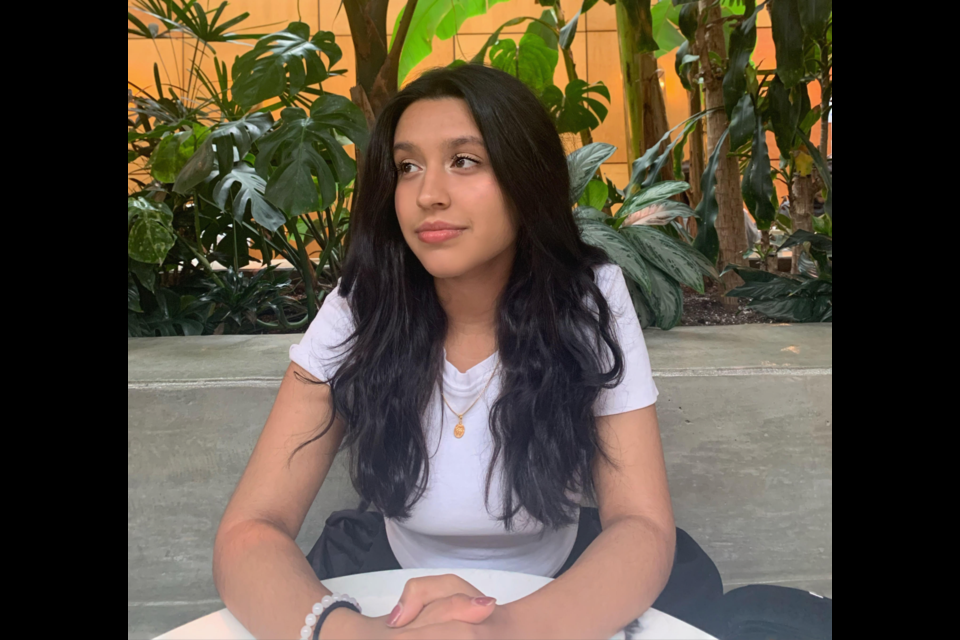“Take care of the Earth because the Earth is taking care of us and allowing us to be here.”
These words, spoken by Ziya Merchant's mother, would have a resounding impact on the Grade 11 Burnaby South student — who inherited her mom's commitment to environmentalism.
Merchant and her mother would go to restaurants together, taking their own containers for any leftovers, and would take their own cups to Starbucks, which helped make her environmentally conscious at a very young age.
When Merchant witnessed the far-reaching success of another Burnaby environmentalist, she was inspired to become an agent of change.
Merchant, following the example of Mireta Strandberg-Salmon, who was recently named one of Starfish Canada’s Top 25 under 25, implemented a campaign in her school to eliminate the use of plastic bottles, which garnered a lot of support from the community.
The initiative has since grown into a grassroots organization called Phase Out Plastic Bottles (POPB), with the goal of reducing the use of plastic water bottles across schools because of to the social, ethical, and environmental harm caused by the containers.
POPB has gained momentum across multiple high schools — with 12 schools implementing the campaign including 10 in the Lower Mainland (five in Burnaby) and two in the United States.
Merchant began contacting schools barely a month ago. She said she's pleasantly surprised by how quickly the initiative has caused change for the better.
“It is very rewarding to see the impact it has,” she said. “Because we're able to reach so many schools, hundreds of people are now able to learn about this, and have this knowledge.
“And knowing that if I put the effort in, I do have the ability to create change. I think that's what I find the most important."
Why phase out plastic bottles?
Merchant strongly believes that plastic bottles harm more than just the environment, saying the social and humanitarian effects are often buried.
For one, the water in plastic water bottles is often extracted from communities that already have low access to water, like Indigenous communities and rural areas in India, she said, depriving them of a basic need and a human right.
She added that plastic water bottles are often manufactured in areas known as “sacrifice zones,” polluting the environment and “affecting minorities and people who need access to water the most.”
POPB initiative
Merchant gathered her group of friends from her social justice club at Burnaby South to spread the word and create awareness about the impacts of plastic water bottles.
The first step, she said, was to create a general social media awareness, putting up posters in school, sending emails to parents and finding a place for the campaign in school newsletters.
Merchant hopes to be able to influence policies and stop contracts at an administration level, but for now, “creating awareness among students” is key.
“My immediate goal is to reach 20 schools, whether it will be in Lower Mainland, Canada or other countries,” she said. “Our administration [at the school] have supported us in implementing an educational campaign, so if this campaign is effective, they said they will support us in talking to the district administration about stopping the contract to sell plastic water bottles,” she added.
Beacon of change
Small changes can make a big difference, Merchant said. She suggests turning the lights off when leaving a room, remembering to take a reusable water bottle to school and decreasing the energy usage at home as ways to help make a positive difference.
"Using your voice to create change" can help too — reposting on social media about issues, and talking to people about initiatives that are supporting environmentalism and other social justice issues.
"Use the power that you have as a person to create as much change as you can.”




